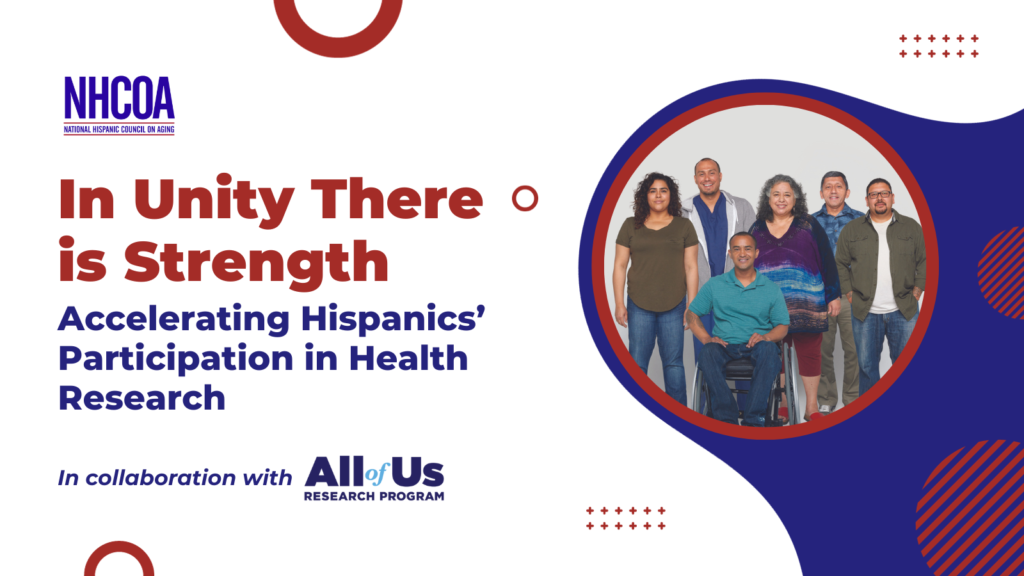
Every year, Hispanic Heritage Month is celebrated in the United States from September 15 to October 15, in honor of the independence anniversaries of many Latin American countries. This celebration has become a significant event in the U.S. to honor the history, culture, and influence of past generations who came from Spain, Mexico, the Caribbean, and Central and South America.
Hispanics across the country commemorate this month with pride and joy, emphasizing the importance of diversity, especially the fact that Hispanics and Latinos constitute an increasingly significant part of the overall U.S. population. The 2020 U.S. Census revealed that Hispanics and Latinos make up the second-fastest-growing multiracial group, representing 18% of the total U.S. population.
Because of this percentage and their contribution to American society through their work and advancements in fields such as health and medicine, research, arts, entertainment, and more, Latino representation across these industries is necessary, and their participation in health research is needed more than ever. Increased Latino participation in health research can potentially enhance the communities’ quality of life in the country that has seen them grow and provide better wellness opportunities for Latino families in the U.S.
Latino participation in health research is building a future with treatments specifically tailored to Latino needs, which can benefit their families in the long run. For example, studies on cancer in Latinos seek Latino cancer survivors to help understand the social, cultural, behavioral, mental, biological, and medical influences on life after cancer. It was previously believed that the diabetes rate among Latinos was roughly the same as that of the general population. However, recent studies have illuminated the fact that the rate of diabetes is higher by over 40% than previous estimates.
The All of Us Research program bolsters this effort, aiming to create the largest and most diverse health database of its kind so researchers can learn more about why people get sick or stay healthy. So far, more than 702,000 participants have enrolled in the program. Of all participants, over 50% are racial and ethnic minorities, groups historically underrepresented in health research.
Thanks to them and those yet to join, researchers can identify risk factors for specific diseases, discover which treatments work best for people of different ethnic backgrounds, and explore how technology can help us make healthier choices.
Diversity in scientific research is important for everyone. Through increased diversity in health research, better outcomes may be achieved and reflected in more suitable treatments for Latino and Hispanic populations.
Latinos who join the All of Us program also benefit from sharing their health data. They can learn more about their health, contribute to improving their community’s health and future generations, choose whether to receive ancestry and health-related DNA information and, above all, help build the future of research. You still have time to join the All of Us Research Program. Do it for yourself, your family, your community, and future generations!
For more information about the program, you can contact us at 202-347-9733 or learn more via the following link: https://bit.ly/3QBtcOF
References:

Recent Comments